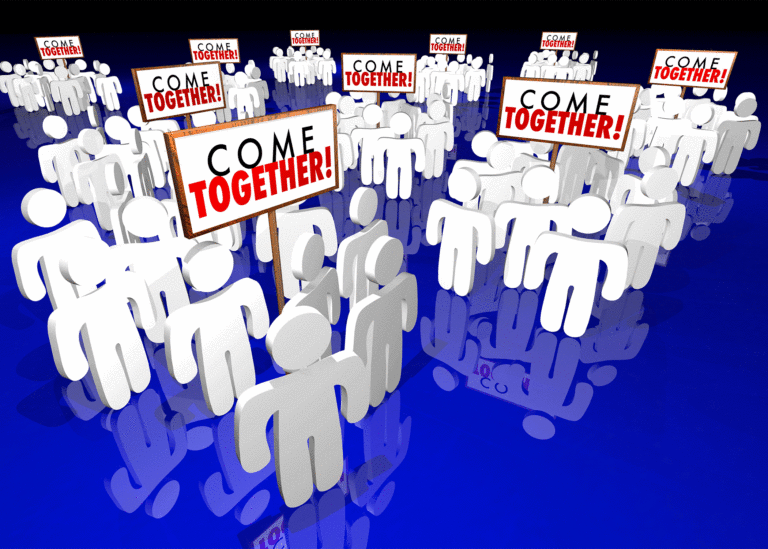These are questions being asked by people of conscience from diverse political, economic, religious, and cultural backgrounds. As Van Jones suggests, the sources that could help us get re-centered could come from unexpected quarters. Is it possible that people in addiction recovery and diverse communities of recovery could serve as a force for cultural and cross-cultural healing?
A reasonable response might well be, “What could people whose past lives have been ravaged by addiction have to offer on issues of such great import?” It is not the lessons from addiction that might offer a balm for our cultural wounds, though addiction can be an astute if unforgiving teacher; it is rather what has been collectively learned within the recovery from addiction that holds solutions of potentially larger value to our country and beyond.
Individuals, communities, and whole cultures are always in a process of self-correction from extremes that threaten their existence. Addiction recovery is itself such a correction process. What is needed culturally when ideologically extremes prevail is a vanguard of people who purposefully infuse into the culture critically needed and missing ingredients. People in recovery and communities of recovery may be uniquely poised to provide such missing ingredients.
Narcissism, with all its ornaments of self-righteousness, arrogance, and self-aggrandizement, has become the new religion—a selfie culture gone mad. We now have leaders who champion these defects of character as a source of pride and purported strength. This worship of self when elevated to a cultural level fuels fervent nationalist movements that claim superiority, build walls of isolation, and deny the interconnectedness and interdependence of all people and nations. People who have been addicted know something of this religion, its sources, and its solutions. The addicted person’s world progressively shrinks in anguish to the person-drug relationship—a radical disordering of personal priorities and a progressive disconnection from others.
Many valuable lessons can be found in the process of escaping such self-entrapment. It takes a village to heal the wounded—and we have all been wounded; healing and wholeness require resources and relationships beyond the self and beyond closed social silos. Personal survival hinges on a greater social unity and common purpose; what we share in common is far more important than our superficial differences. We can achieve together what we have been unable to achieve alone. Distortions of reality, projection of blame, and scapegoating can be diminished by acceptance of our brokenness—our Not-Godness, acceptance of our common humanity, and the assertion of personal responsibility. Amends can be made for past sins of omission and commission. Personal and collective excesses can give way to greater balance and harmony—from competition and conflict to compassion and care. Self-absorption can be diminished through open acknowledgement of one’s imperfection. The masks of grandiosity can be shed and replaced by genuine humility. Bitterness and resentment can give way to forgiveness and gratitude. Preoccupations with power and control (and the resulting close-mindedness and aggression) can give way to tolerance, mutual identification, and service to others. Anguished self-absorption can give way to connection to community, shared joy, and laughter. Settings can be created where people actually listen to one another without interruption or condemnation. Those are among the lessons of recovery.
Excesses within our current cultural life suggest deep wounds—wounds crying for a collective and sustained healing process. As our culture seeks self-correction, communities of recovery can offer healing ingredients as we as a people seek a new moral center. For those in recovery who have concealed these gifts within the rooms, perhaps it is time to reach out and touch someone.





















